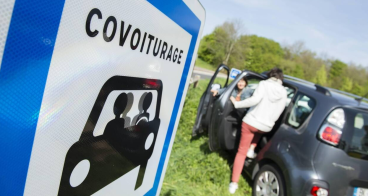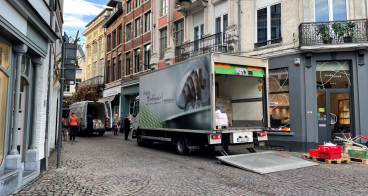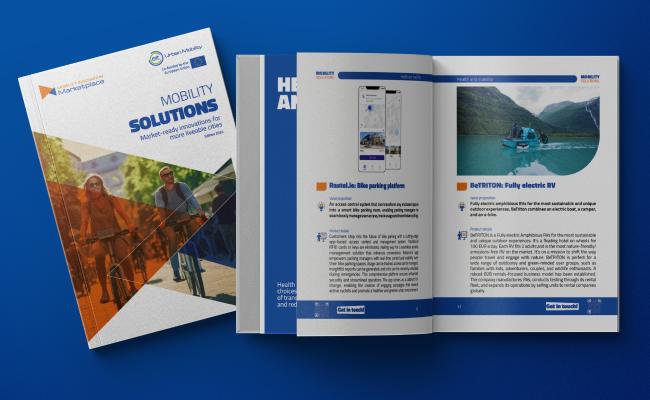Best Practices
Discover success stories and case studies from leading cities, providing simple, effective lessons for implementing positive changes in urban mobility.
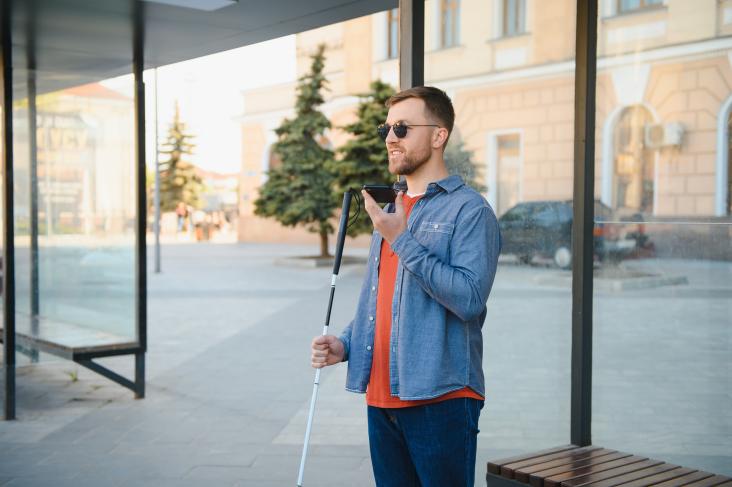
Personalised indoor-outdoor navigation in Turin, Italy
Turin faces significant challenges in ensuring safe and independent urban mobility for visually impaired citizens.
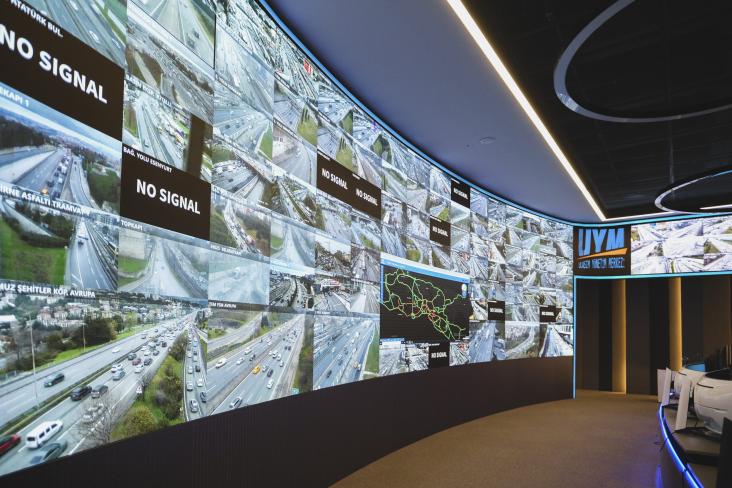
Tackling intersection congestion using AI in Istanbul and Helsinki
Intersections play an important environmental, economic and social role in urban environments but also create bottlenecks prone to fatal accidents.
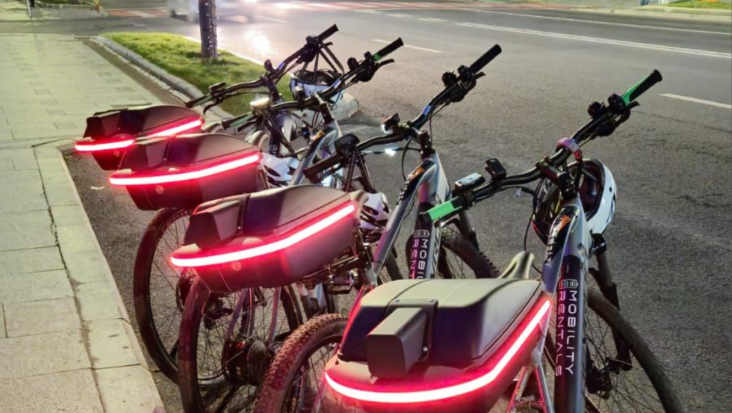
Improving cycling accessibility for an ageing population in Bacău, Romania
As cities around Europe shift towards adopting more sustainable means of urban mobility, there’s growing awareness of the importance of making sure vulnerable groups aren’t left
Our Top Picks
Read all about implemented mobility innovations that benefit the planet and businesses.
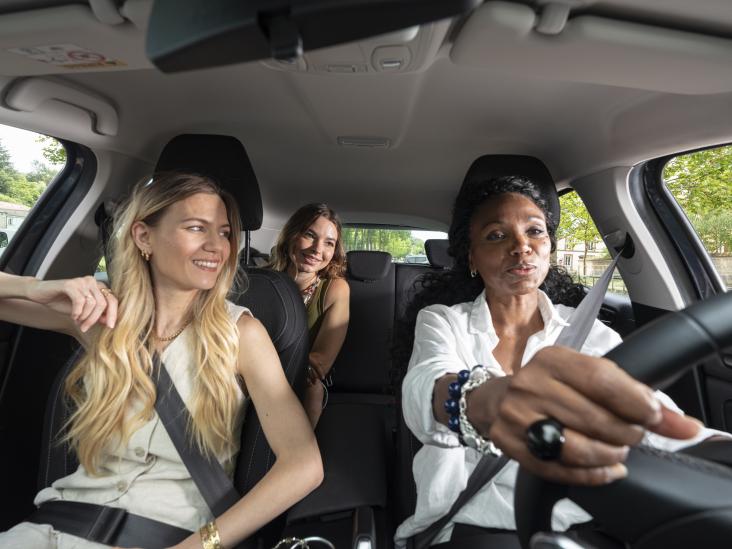
Sustainable commuting with carpooling app in Turin, Italy
In Turin’s industrial and suburban zones, commuting depends largely on private cars, creating congestion at peak hours and strong pressure on parking facilities.

Applying Roadscor for safe road design in Noord-Brabant (NL)
The Province Noord-Brabant (The Netherlands) is the road authority responsible for provincial roads' (N-roads) design, maintenance, and safety.
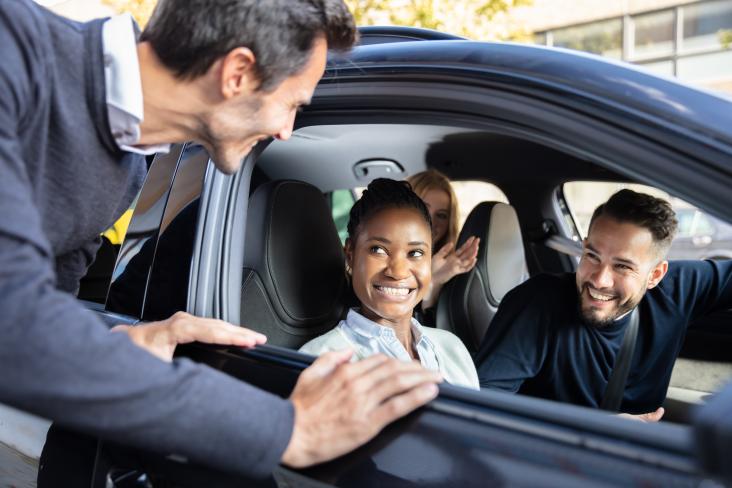
Carpooling solution in Saclay and Nevers, France
Most daily commutes are made by individuals traveling alone in their vehicles, leaving empty seats unused.
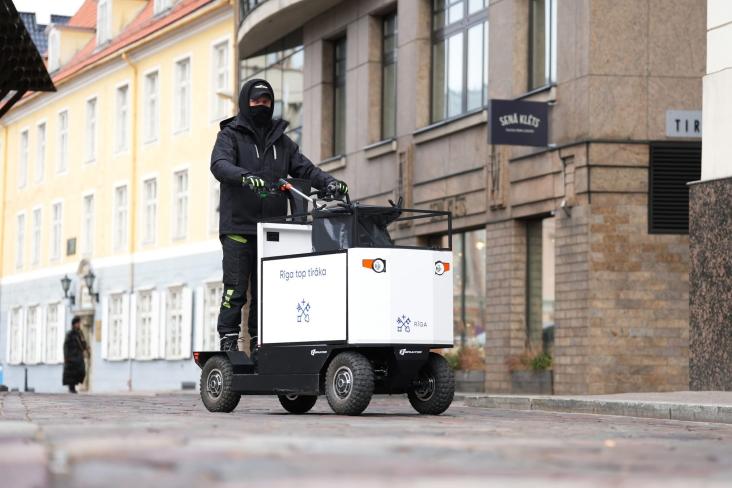
Electric cargo scooter for park and city maintenance in Riga, Latvia
Municipal maintenance teams of Riga City Council and Riga Forests faced growing challenges in maintaining large green areas, forest parks, and urban infrastructure — especially i

Tech City Living Lab in Aveiro, Portugal
Prior to the establishment of the Aveiro Tech City Living Lab (ATCLL), the city of Aveiro was facing substantial limitations in terms of urban intelligence, digital infrastructur
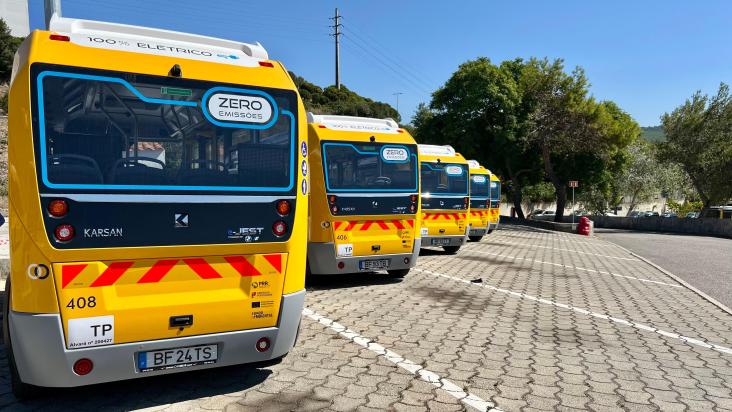
Improving e-bus operational efficiency in Lisbon and Istanbul
Ensuring a stable and reliable transport service with e-buses remains a challenge for Public Transport Operators (PTOs) due to the complexity of managing growing electric bus fleets
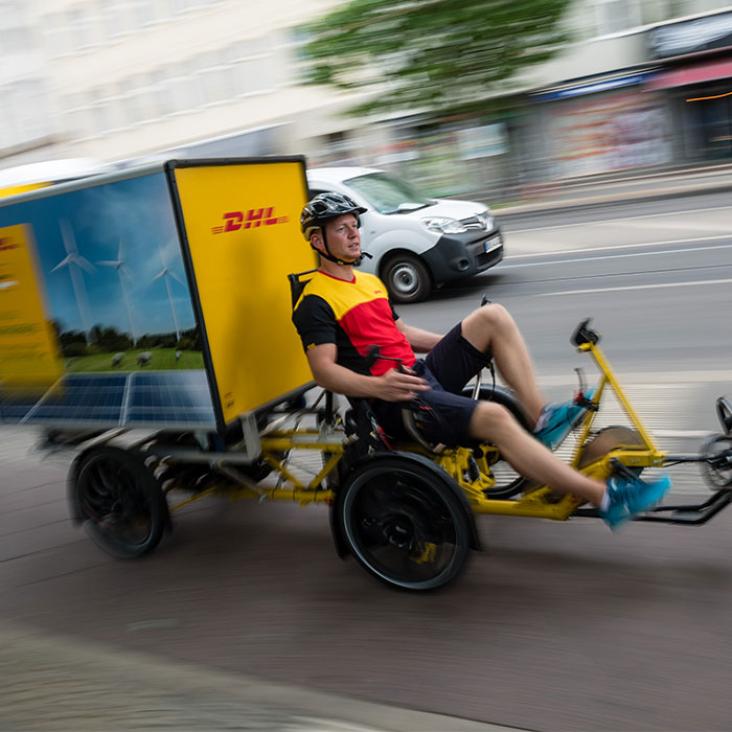
Decarbonising urban logistics with cooperative micro-depots in Berlin
Before the implementation of the KoMoDo project, Berlin—particularly densely populated districts—was increasingly burdened by the logistical impacts of a booming e-commerce secto

Streamlining last-mile delivery with modular lockers in Rome
Italian cities, particularly Rome, face significant challenges related to last-mile logistics.
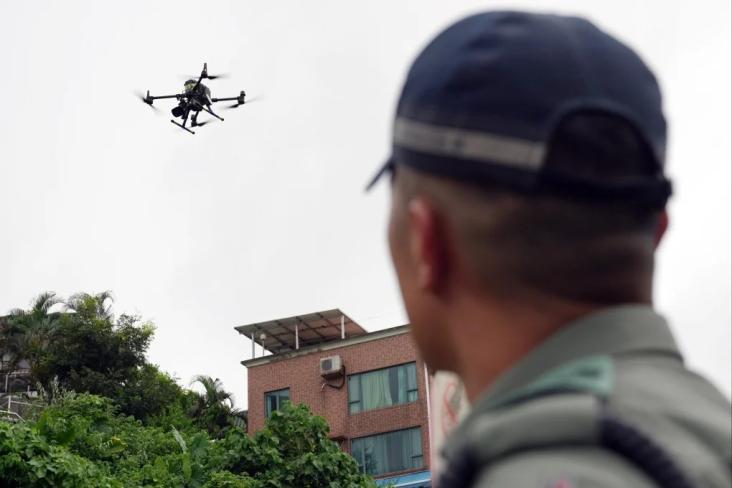
Ghent’s smart use of AI and drones for safer streets
The city of Ghent, Belgium, is navigating a common yet complex urban challenge: improving road safety for all users - cyclists, pedestrians, and drivers - while en

Advancing sustainable charging in Tallinn
In Tallinn, Estonia, one of the key challenges faced by the urban mobility sector is the efficient integration of electric vehicles (EVs) into existing infrastructures, parti
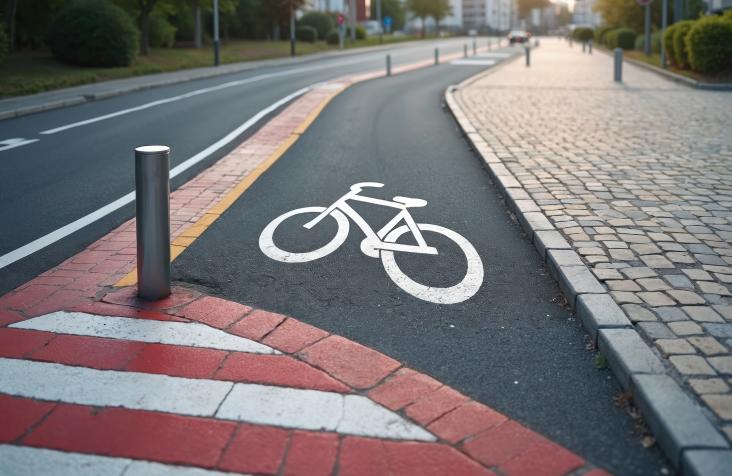
Cycling infrastructure assessment in Barcelona, Albertslund and Sarajevo
Despite growing efforts to promote cycling, many cities continue to struggle with providing safe, well-connected, and inclusive cycling infrastructure.

Powering hydrogen transition: real-time visibility for zero-downtime refuelling
A hydrogen distribution operator, experiencing rapid growth in demand across its H₂-fuelling network, began facing mounting pressure on system availability and reliability.
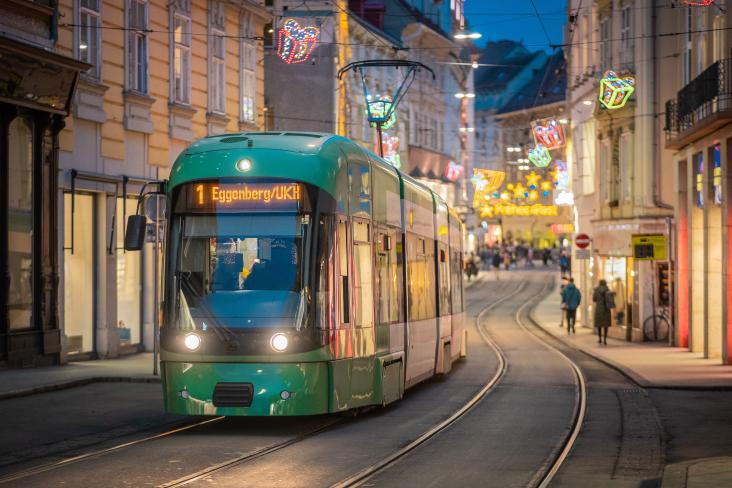
Digitising accident reporting for safer streets in Graz, Austria
Graz, a city in Austria, faced a critical bottleneck in how it documented accidents in public transport operations.
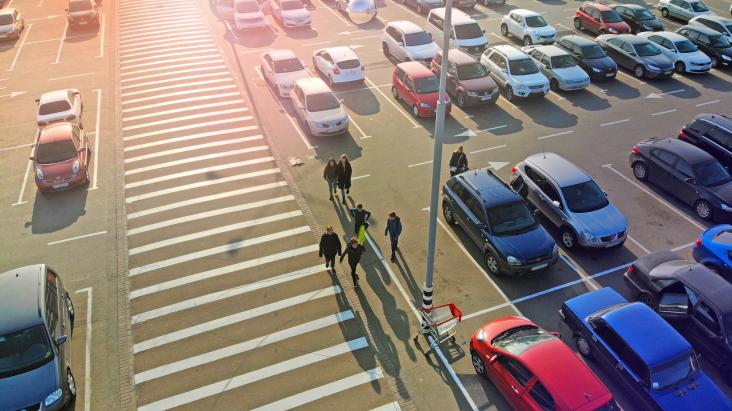
Enhancing parking in four Catalan cities
Many cities across Catalonia face a common challenge: ensuring that Park & Ride facilities near train and bus stations are used exclusively by commuters.
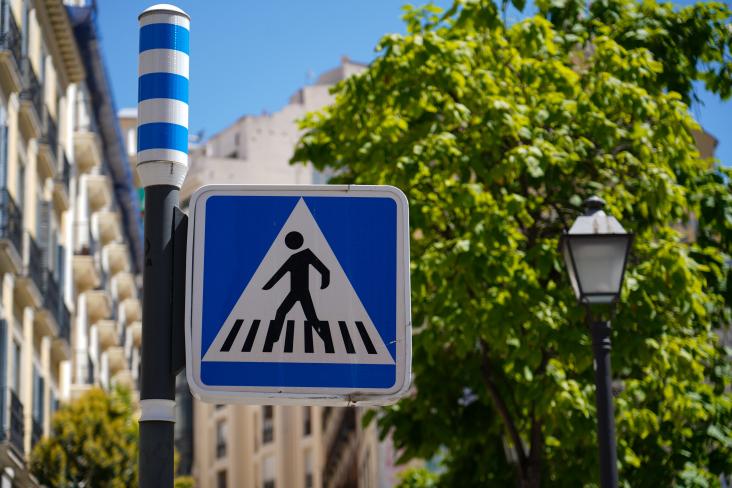
Analysing pedestrian safety in Las Rozas de Madrid
The Municipality of Las Rozas de Madrid faces a lack of updated data on the accessibility of its pedestrian infrastructure, particularly sidewalks, crosswalks, and intersections with other tr

Leveraging drones for smarter safety decisions in Ireland
In Fingal County, Ireland, the rise in serious injuries and fatalities from road collisions has become a growing concern.

Striving for a more inclusive public transport in Barcelona
In many EU cities, issues such as pickpocketing, harassment, night-time safety concerns, and infrastructure breakdowns pose significant challenges, deterring people from moving freely and accessing

High-precision parking for shared micromobility in Prague
Cities face the challenge of reducing emissions while enhancing safety, mobility for cyclists and pedestrians, and overall quality of life.
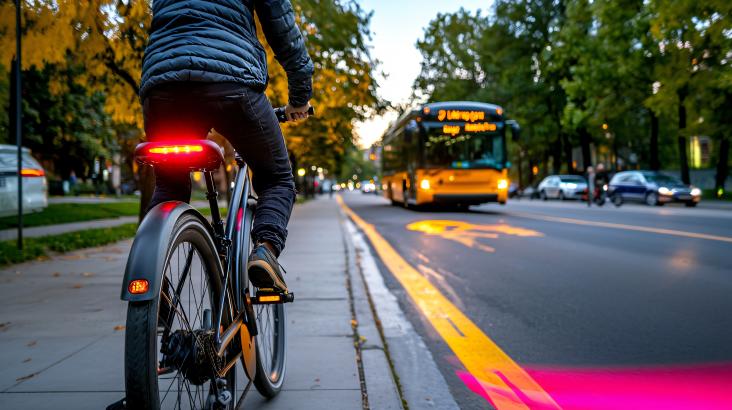
Three cities on the road to zero-emission mobility
Many European cities are working to reduce car dependency and lower CO2 emissions, but shifting daily travel habits remains a challenge.

The benefits of interoperability and collaboration in urban logistics
In today's supply chain environment, businesses face numerous challenges due to the increasing complexity and dynamism of the market.
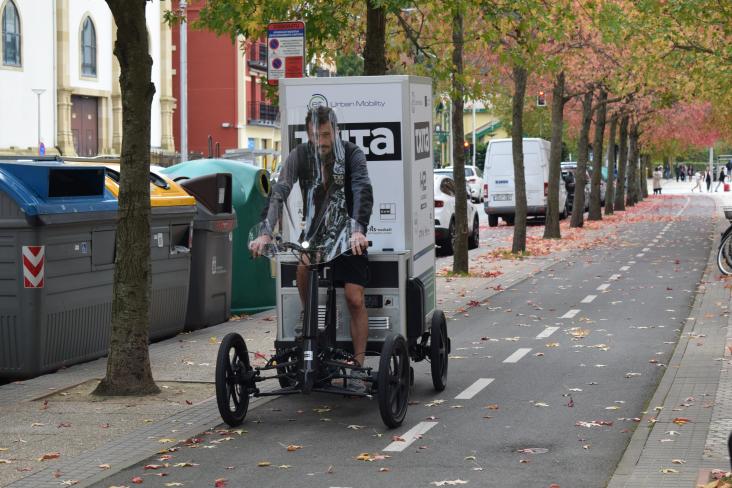
Pioneering hydrogen cargo bikes with swappable H2 cylinders
Urban logistics and last-mile delivery in European cities face significant challenges that impact sustainable mobility.
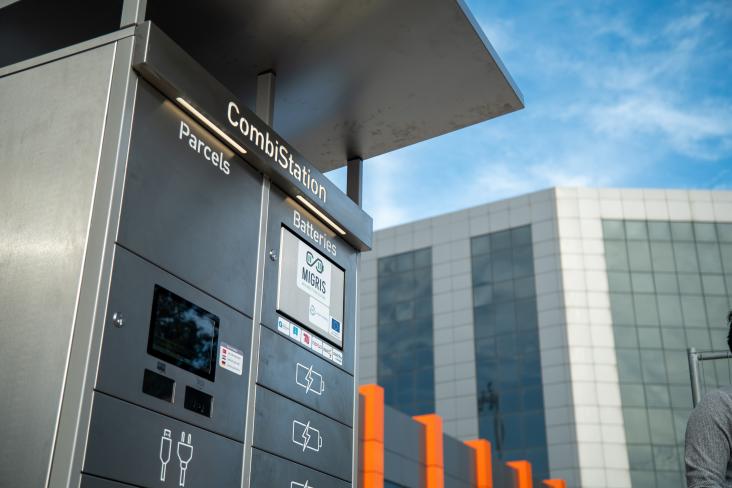
Accelerating LEV adoption through battery swapping in Antalya and Dugopolje
Cities across Europe are embracing electric transport, from cargo bikes to scooters or cleaning service vehicles.
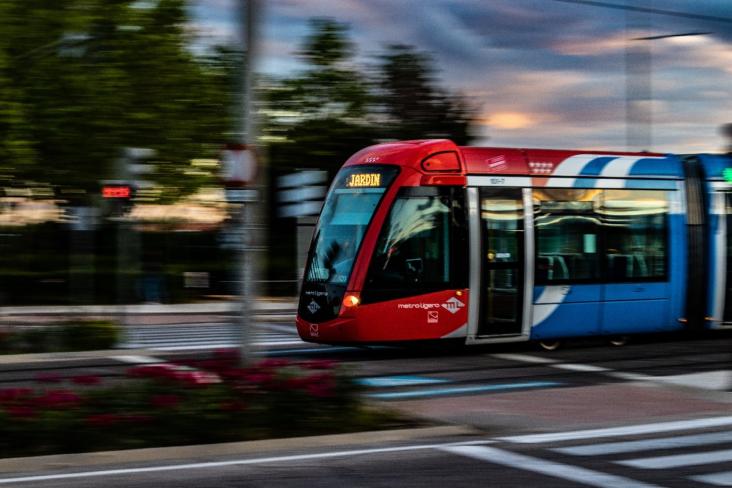
Driving efficiency in Madrid’s public transport
In Madrid, as public transport continues to evolve, there is still a lack of understanding of the complex multimodal travel patterns involving buses, trains, and metro networks.

Consolidated last-mile microhubs in Ruoholahti shopping centre
In Helsinki, one of the challenges has been to reduce the use of vans for deliveries in central areas of the city due to their contribution to local air pollution (NOx).
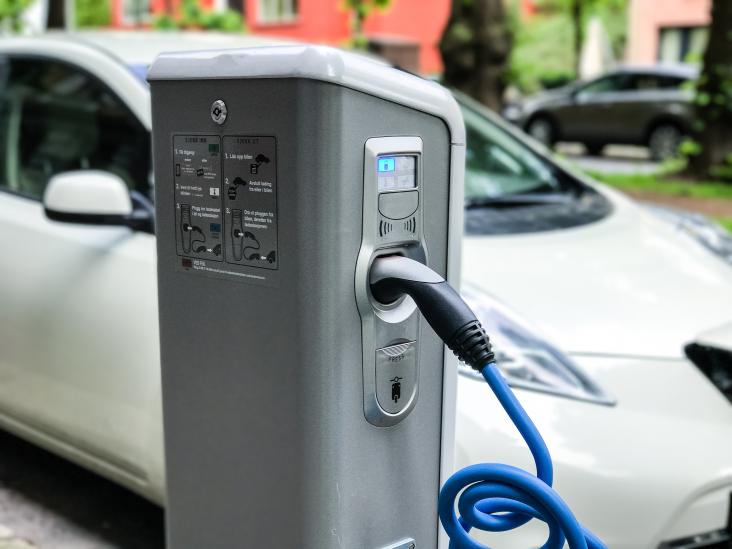
Forecasting Oslo's EV charging and grid infrastructure needs
The City of Oslo is a global leader in EV adoption and sustainable mobility, aiming for carbon neutrality by 2030.
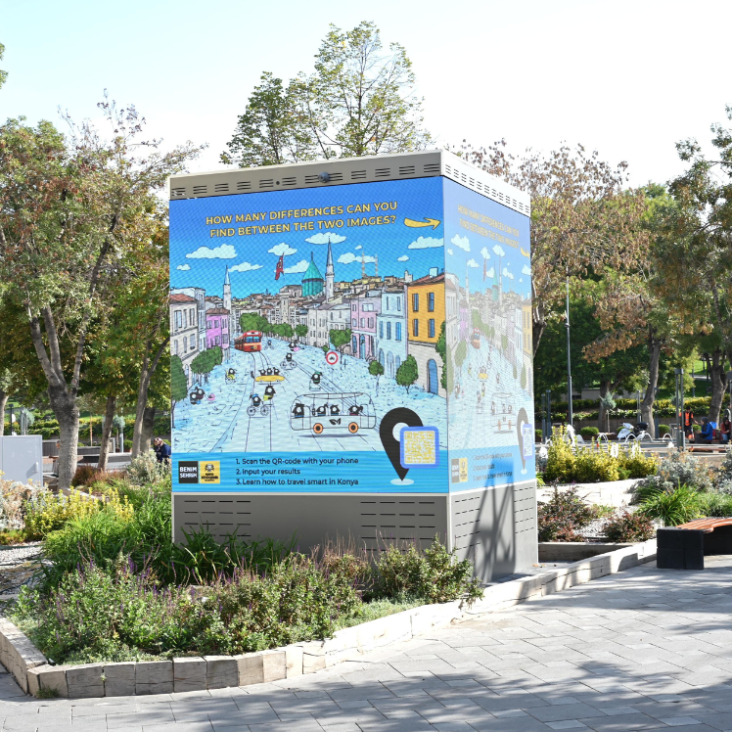
Digital nudging propels multimodal transport in Konya, Türkiye
Konya, a key city in Türkiye with a population of 2.3 million, faces significant urban mobility challenges due to high private vehicle usage.
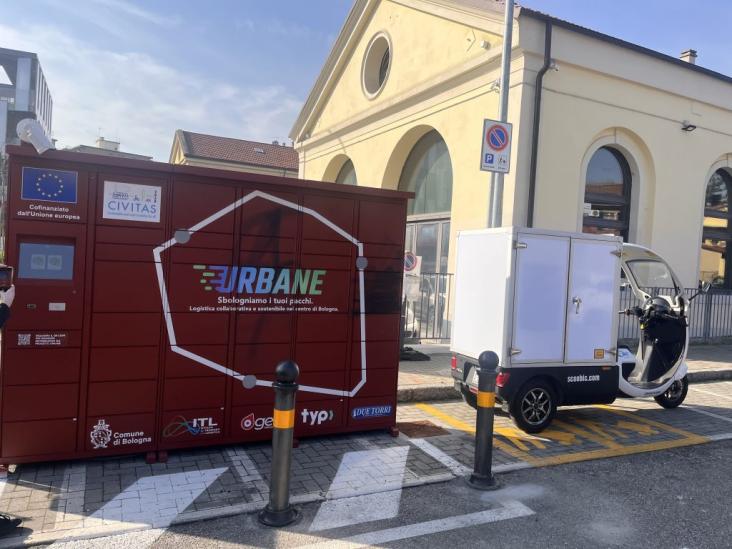
Cooperation amongst competitors in Bologna's parcel distribution
In the scope of the URBANE project, the Bologna Living Lab (LL) has been implemented in the historical centre of the municipality, which has an area of about 4 km².
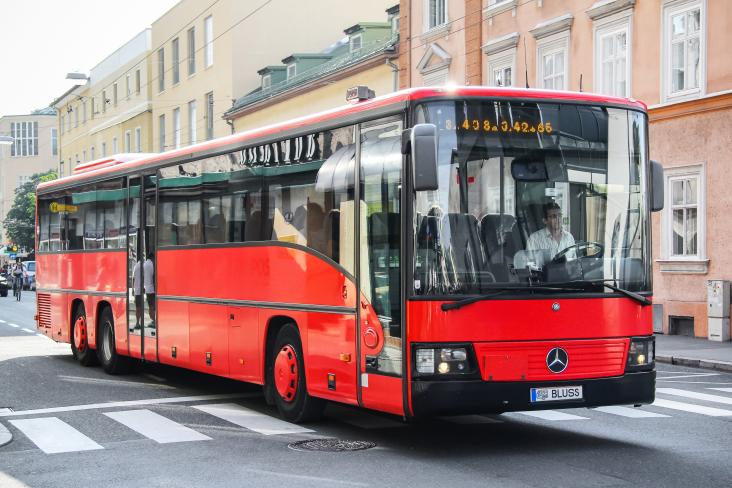
Streamlining public transport planning and operations in Vignola
Vignola is a small city in the Modena region of Italy, well connected to the surrounding areas.
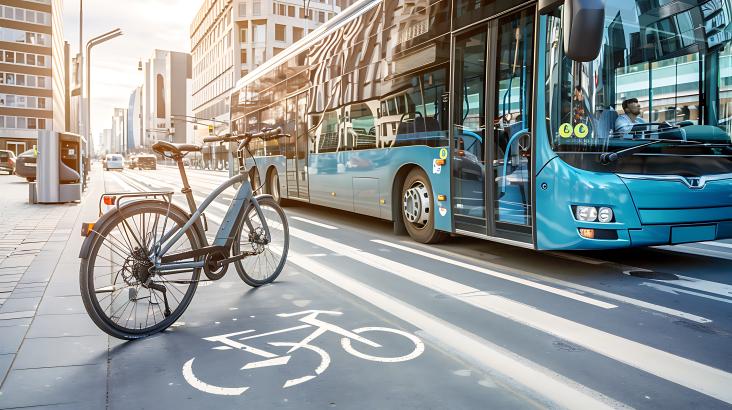
Empowering multimodal mobility through incentives and data
Cities worldwide are grappling with increasing levels of air and noise pollution, traffic congestion, and road accidents.
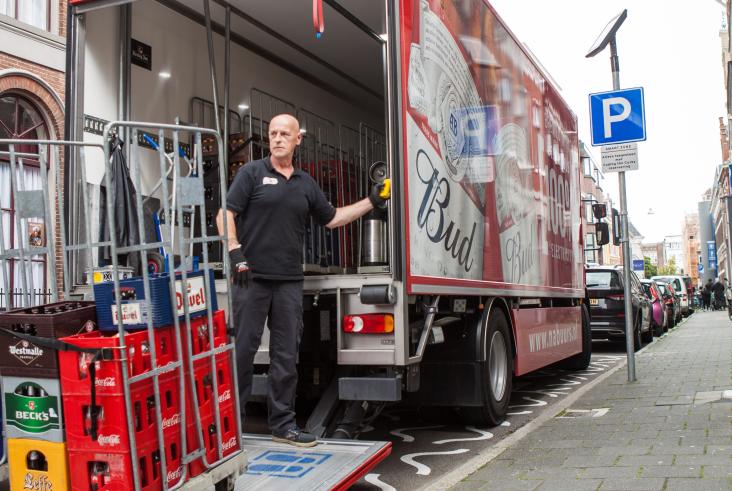
Creating space in Bucharest, Groningen and Riga through Smart Zones
Urban logistics management urgently needs to evolve as congestion, pollution, and increasing pressure on inner-city spaces reach critical levels.
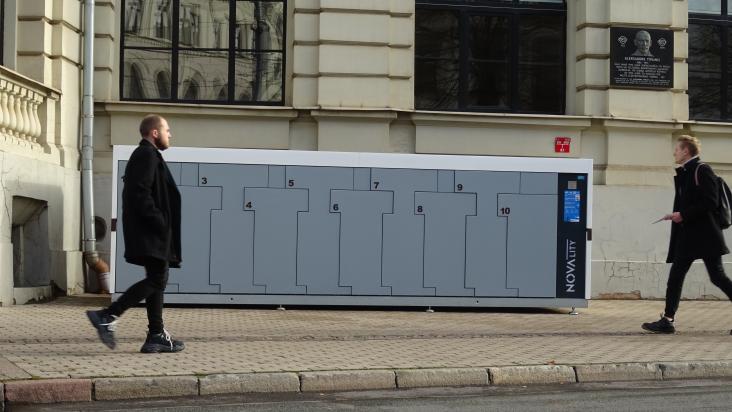
Riga's path to promote active transport for the first and last mile
In Riga’s current context, most residents continue to rely on private cars for daily commutes.

Identifying individual mobility patterns in Munich
The city of Munich, with its population of 1.5 million, faces significant environmental and traffic challenges due to the increasing number of inhabitants and private vehicles.

The Physical Internet arrives to Madrid's last mile distribution
The CITYlogin collaboration with Horizon Europe PLANET Project has addressed the challenge of last mile deliv
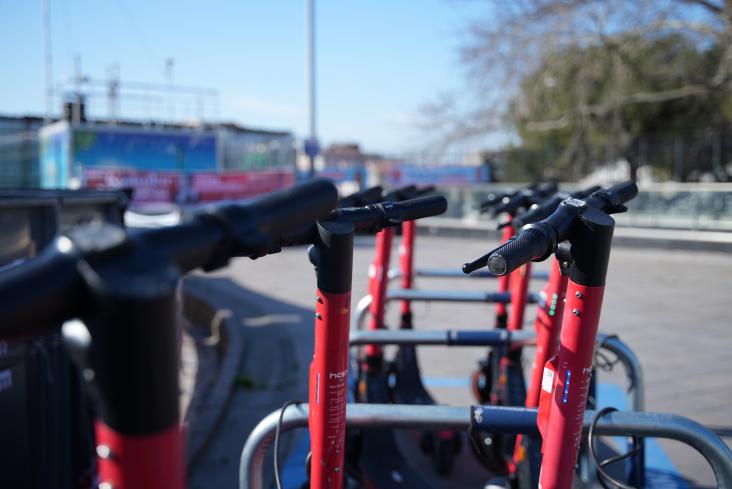
Enhancing scooter parking safety with computer vision technology
In Istanbul, the rise of shared micromobility services, notably e-scooters, aims to tackle urban transportation issues and promote eco-friendly commuting.
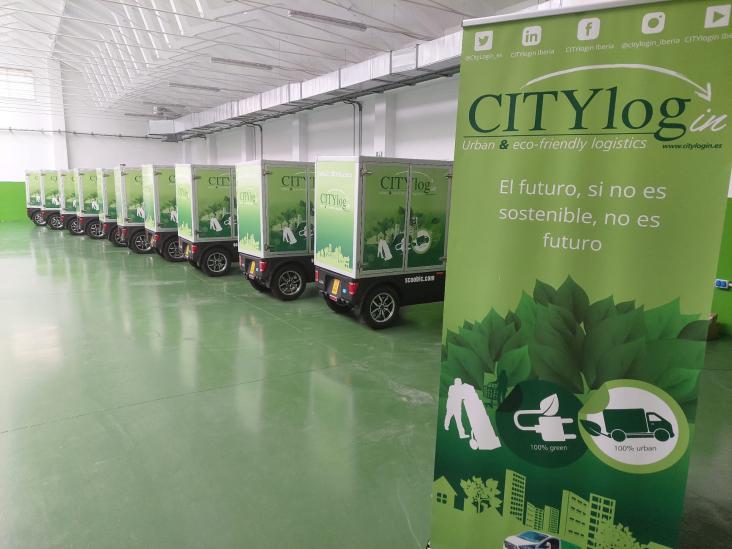
Last-mile microhub in Zaragoza, Spain
Zaragoza is one of the biggest cities in Spain. Its city centre has more than 53,000 citizens and, with the ecommerce growth, concentrates the majority of the last mile deliveries.

Addressing urban parking challenges with smart solutions
Cities worldwide grapple with the daunting challenge of accommodating the burgeoning parking needs of urban freight and delivery vehicles, exacerbating issues of traffic congestion, urban mobility,

Cityporto: Urban distribution service for the city of Padova
Urban city logistics is a pivotal facet of maintaining the daily functioning of a city and ensuring the well-being of its residents.

Helsingborg: Cultivating bicycle culture in schools
The City of Helsingborg confronts a dual challenge rooted in both safety concerns around primary schools and the broader goal of fostering a culture of sustainable mobility.
Vitoria-Gasteiz: Implementing a carpooling network
Vitoria aims to address solo car commuting due to its environmental impact and the associated carbon emissions.

Bergen: Optimised scenarios for Bergen Light Rail expansion
The goal: Help a Norwegian light rail system to add extensions to the existing network while improving overall efficiency.
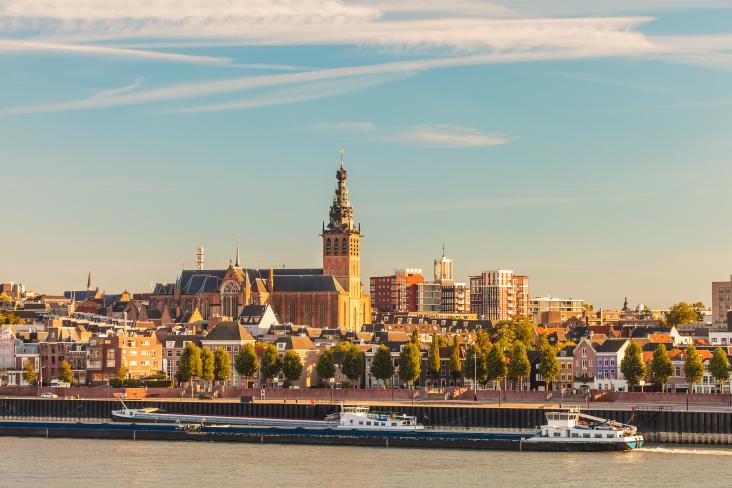
Nijmegen: Reserved (bike) parking for people with reduced mobility
The primary aim is to improve accessibility for individuals with limited mobility by offering secure bike parking.
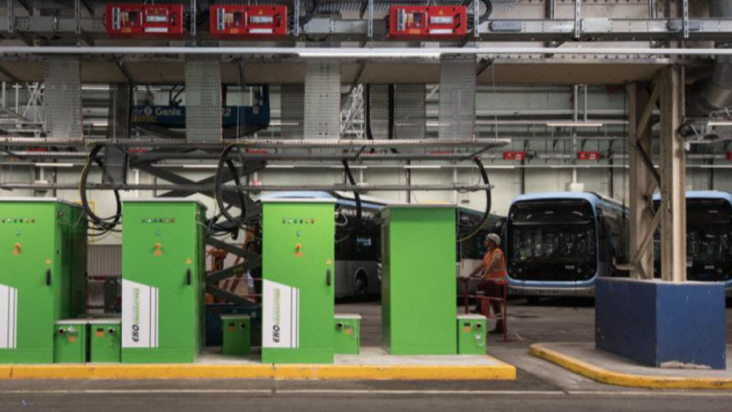
Ile-De-France: Eradicating diesel-propelled buses from public transport
Since 2015, RATP has initiated a massive energy transition aiming at turning all its bus operations in Paris area into low-emission operations from a
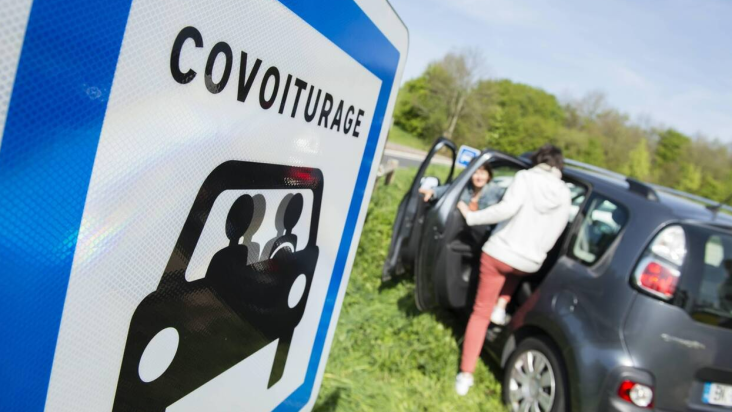
France: Carpooling for Healthcare Workers
Hospitals, often located in urban areas, face problems with shifting hours, stressed staff and limited parking places.
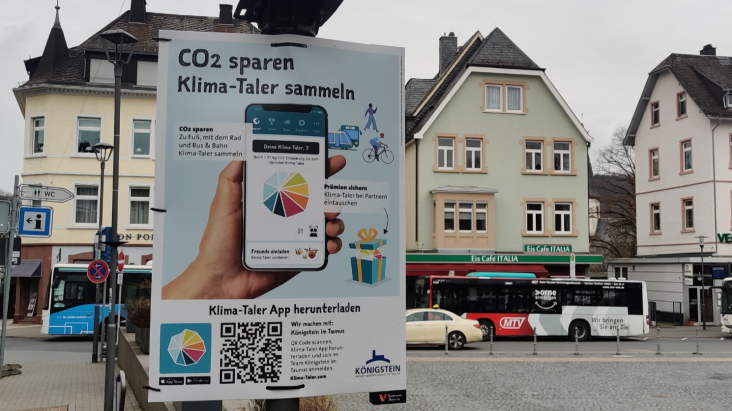
Climate Change Gamification for 9 Cities in Germany
The challenges we face in municipalities and cities

Istanbul: More equitable access to the taxi system
In Istanbul, 1.7 million of the 32 million daily journeys are made by taxis. While the urban population has grown, the number of taxis (around 20k) remained stable since the 90s.
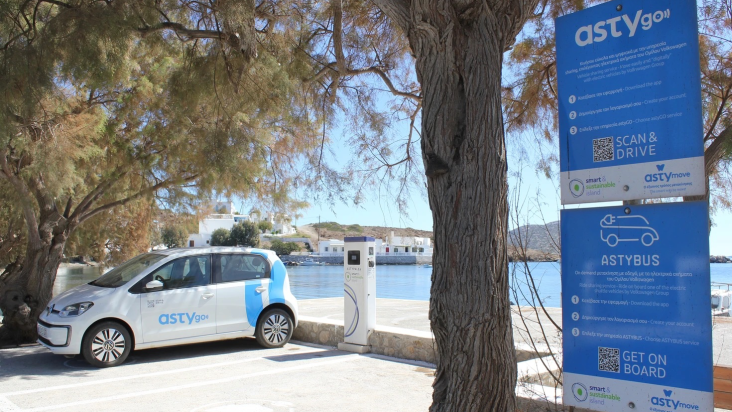
Astypalea: On-demand and shared mobility for an entire island
The challenge has been defined by the Greek island to relaunch the local transport system by integrating a more sustainable mix of different types of mobility modes ands electric v

Braga, Istanbul, Tallinn: Accelerating the modal shift through gamification
The cities of Braga, Tallinn and Istanbul are developing ambitious plans to improve the mobility of people and goods, reduce emissions and promote the shift towards low-carbon mobility systems and
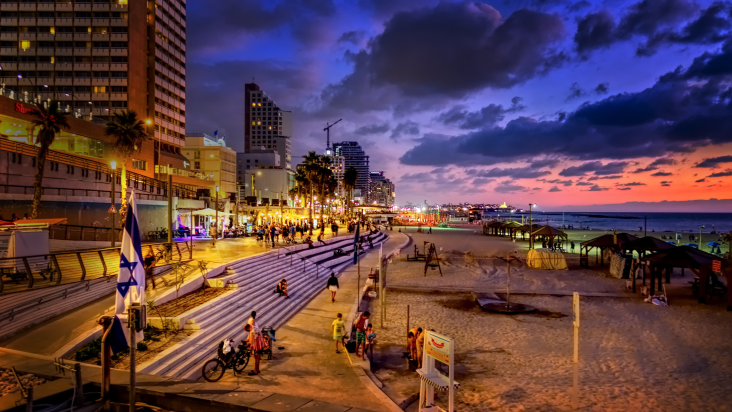
Tel-Aviv: Retrofitting bike racks for secure and connected micromobility parking
Every 18 minutes a bicycle or scooter is stolen in Tel Aviv. Theft is ranked as the second most important reason for not using micro mobility.
Copenhagen: Climate adaptation for more resilient and green urban neighborhoods
The climate challenges that Copenhagen is facing are mainly related to the increase in precipitation – and rising sea levels.
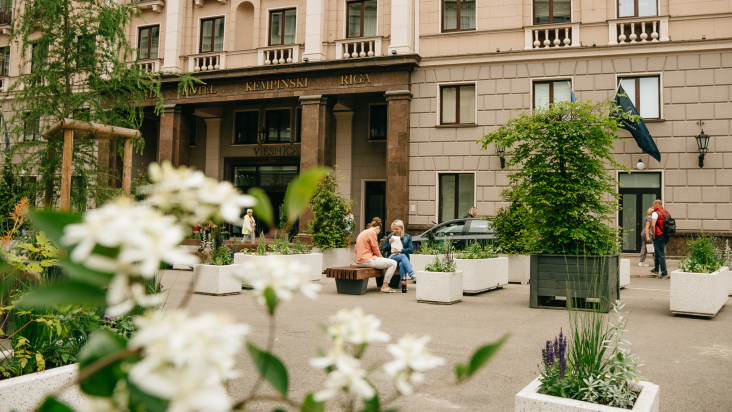
Riga: Transforming a parking lot back into a theatre square
The lack of green spaces in Riga’s city centre and the quality of public space is often mentioned by residents as one of the main things they would want to improve in the city.
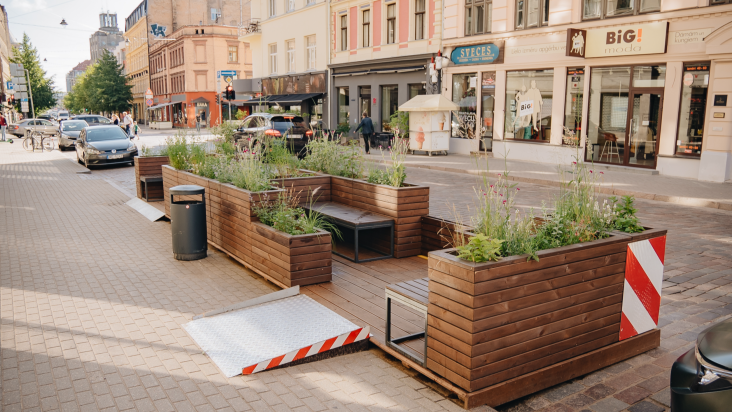
Riga: Standardised parklets to create green street oases
The city centre of Riga lacked greenery and appealing public space, causing streets to be deserted places used only for parked cars, which provided very few opportunities for people to stop and enj
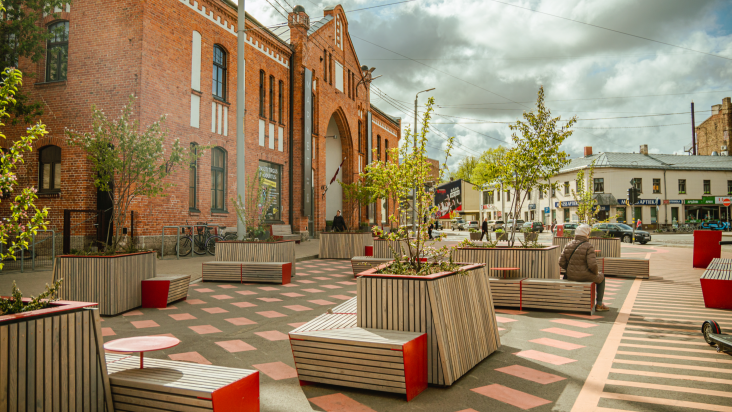
Riga: Square transformation
Reversing car-centric urban development in a historic neighbourhood
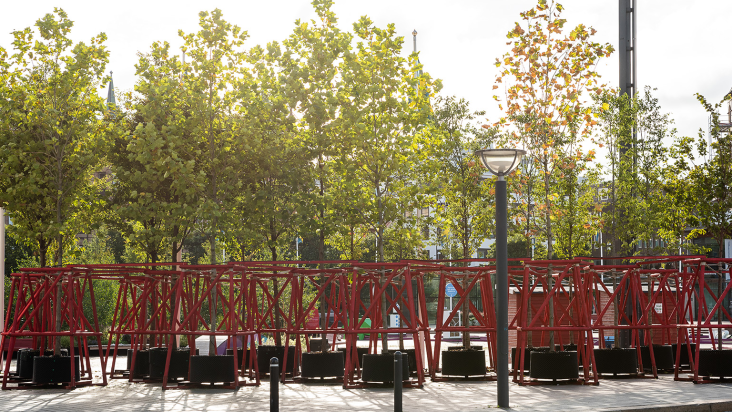
Helsingborg: Portable parks as a flexible solution to green the city
A flexible approach for building the sustainable city
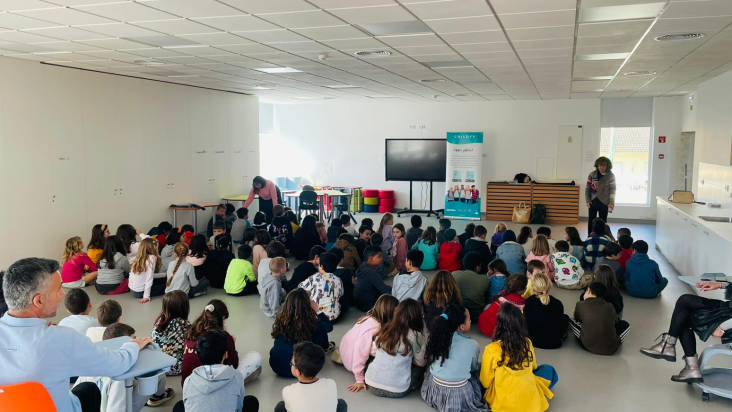
Cascais: Improving mobility for children
Most residents in São Domingos de Rana commute daily either in the direction of Cascais center to the western side, or in the direction of Lisbon to the eastern side.
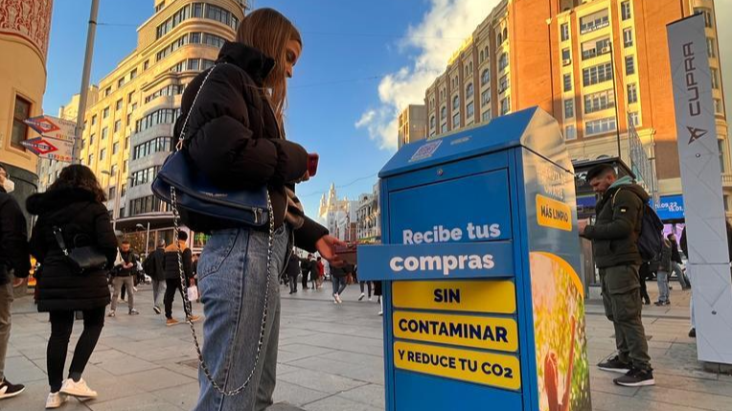
Madrid: Piloting a sustainable last-mile delivery system
The rise of e-commerce has dramatically increased the presence of delivery vans in our cities, causing more C02 emissions, noise pollution, and congestion.
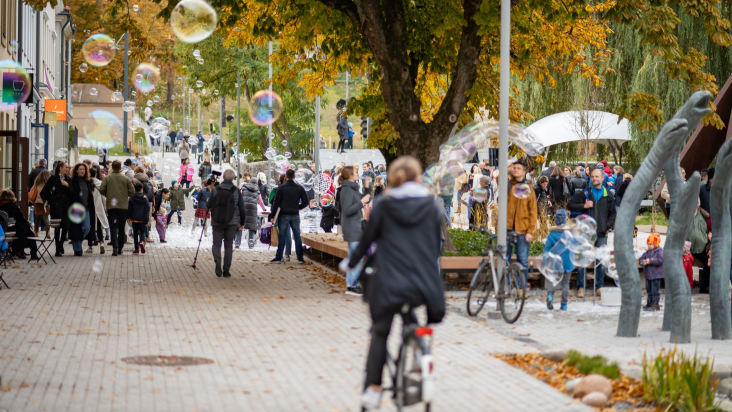
Vilnius: From car focus to society focus
Car dominance hindering the potential of a natural gathering place

Vilnius: A step towards low pollution zones
The core of the Old Town of the city of Vilnius and the archaeological area of the old town and its suburbs are extremely important in terms of cultural heritage values (in 1994 the Vilnius Old Tow

Milan, Modena and Ljubljana: Robotic assistance for safer street crossing
Road traffic injuries continue to represent a significant challenge. This places further pressure on the most vulnerable mobility groups: children, the elderly, and people with disabilities
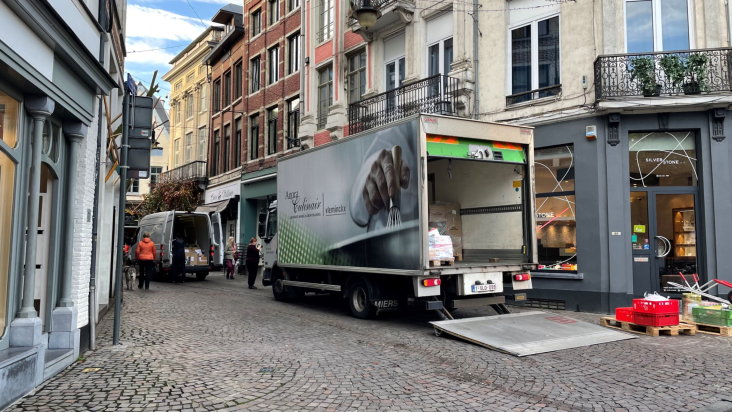
Leuven: Reimagining the curbside
Cities curbs, being the interface between roads and sidewalks, are more contested than ever due to the growth of urban logistics, active mobility, and new mobility.

Istanbul: Applied immersive modelling to engage public transport users
The Istanbul Metropolitan Municipality aims to develop a new Mobility Lab.

Girona: Mobilising former transport deserts
The region of Garrotxa has a total population of 59,000 spread over a remote area of 735 sq.km making for a sparsely populated area with an average density of 70 inhabitants per sq.km.
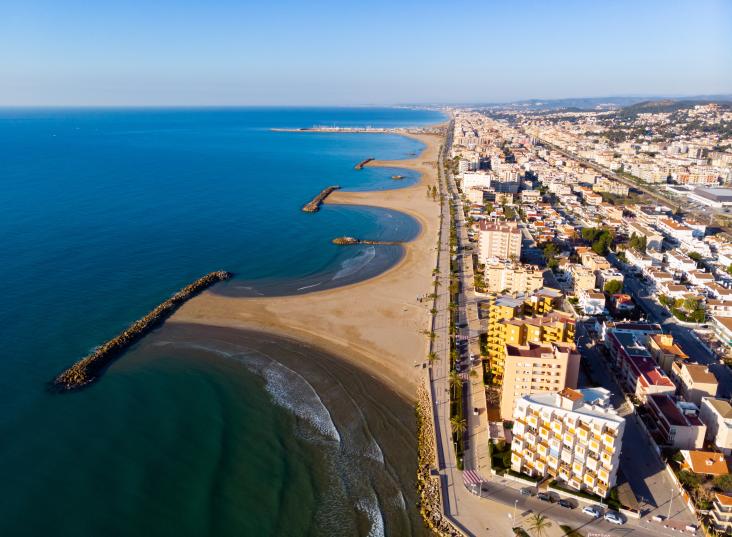
Cunit: Piloting a smart inventory of its road infrastructure
Cunit is a coastal city 50 km southwest of Barcelona home to around 8,000 inhabitants. During the peak holiday season, however, the population can increase up to 50,000.
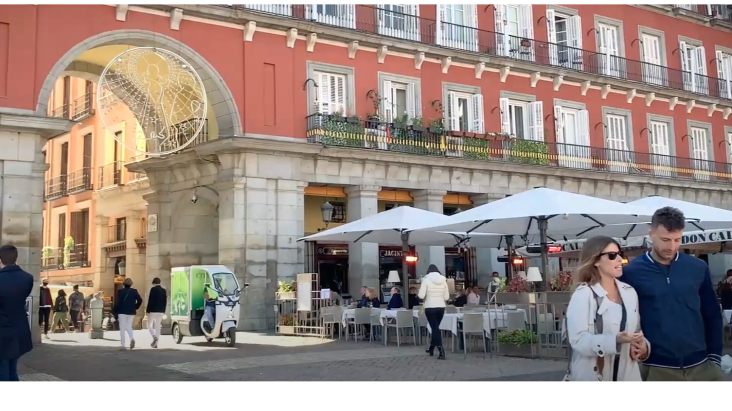
Madrid: Urban Consolidation Center supported by a Digital Twin
Madrid is an important logistics hub, located within the Atlantic and the Mediterranean TEN-T corridors. Since the pandemic outbreak, the city experienced a substantial increase in
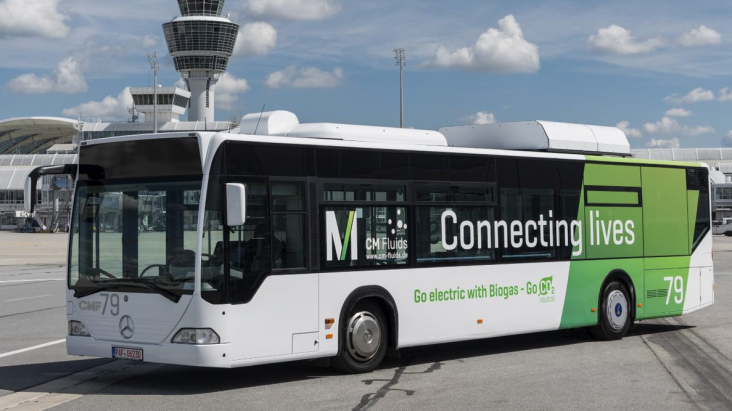
The path to climate neutral passenger transport at Munich Airport
The Munich Airport has committed to become CO2 neutral until 2030. It currently operates 53 buses to transport passengers from the gates to the airplanes.
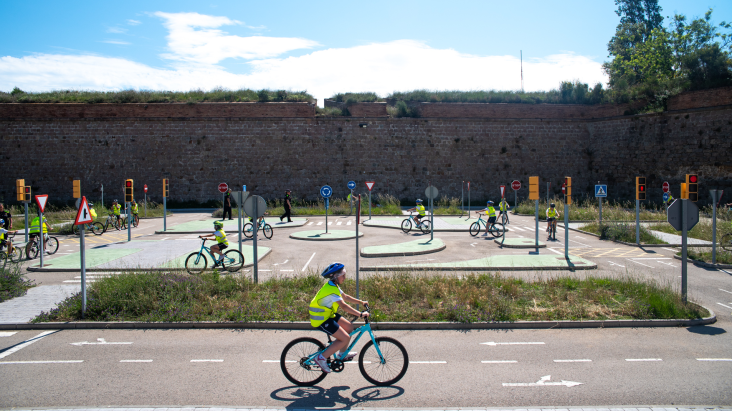
CES4Kids: Co-creation of Sustainable Mobility
City planners and mobility experts from all over the planet have a common challenge on their hands: to change the mobility habits that have been embedded in society over the last 50 years since the

Munich airport: Unpredictable mobility patterns
Airports are hives of activity, but the passengers are only half of it.

Lisbon: Demand-responsive transport for persons with disabilities
A major city in need of more inclusive mobility: you’re waiting for your ride, the seconds ticking away before an important appointment on the other side of town. You call for an update.
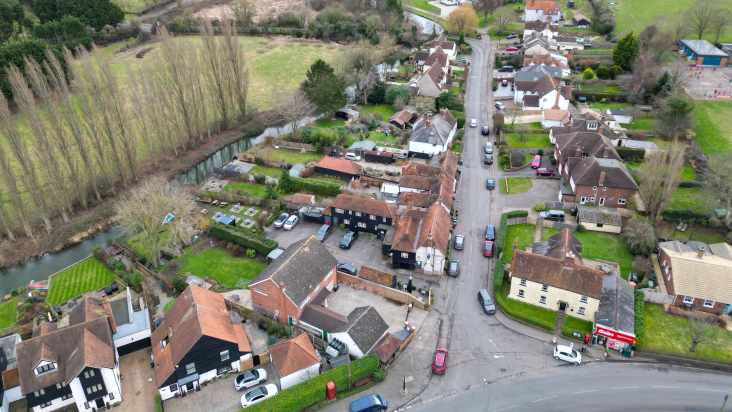
Fyfield: A rural school with big mobility needs.
On paper, fixed-route-and-schedule transit is perfect for schools. After all, timetables, routes and passengers are the same day in, day out. Easy to plan for, easy to program, right?

Torre Baró: An isolated neighborhood with challenging geography
Every major city has them: marginalized neighborhoods clinging to the edge of the suburbs.
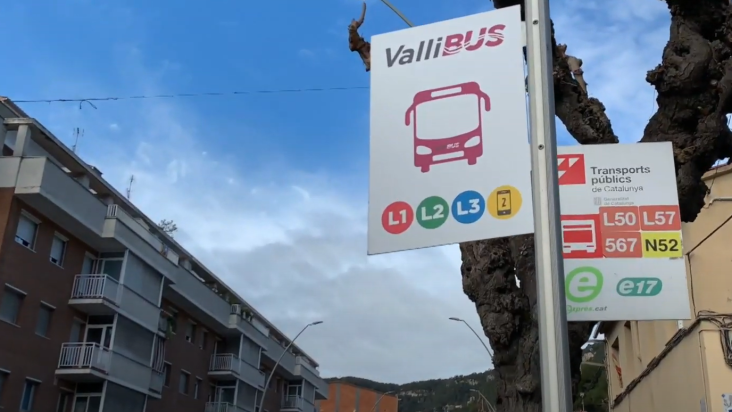
Vallirana: A small town with big mobility challenges
Life in Vallirana, a commuter town near Barcelona, comes with its own particular challenges.

Barcelona: Towards Zero-Emission Fleets
TMB is the public transport operator of the city of Barcelona.

Prague: Implementing cargo bicycle hubs
Delivery vans occupy the historical centre of town
Bicycles are not very well used in the city and cargo bikes were almost unheard of by citizens before this scheme
The terra

Bologna: App incentivices sustainable travel for citizens
SRM, Bologna’s public transport authority, wanted to try a new approach to improve congestion and reduce CO2 emissions in the city.
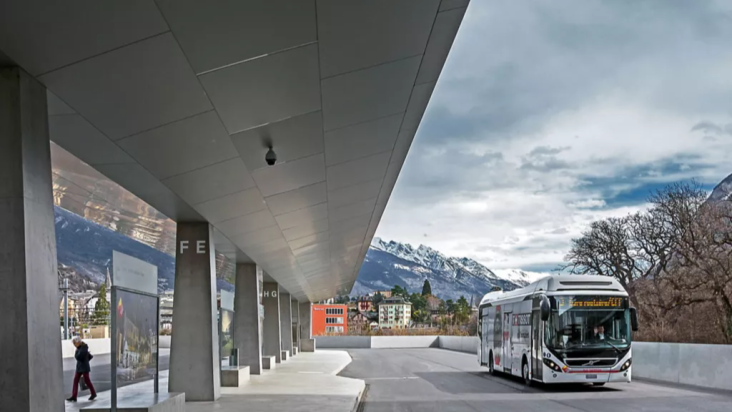
Tübingen: Boosting environmental performance of full hybrid buses
Noise pollution from vehicles remains a major environmental health problem in Europe. Full electrification will significantly reduce these emissions.
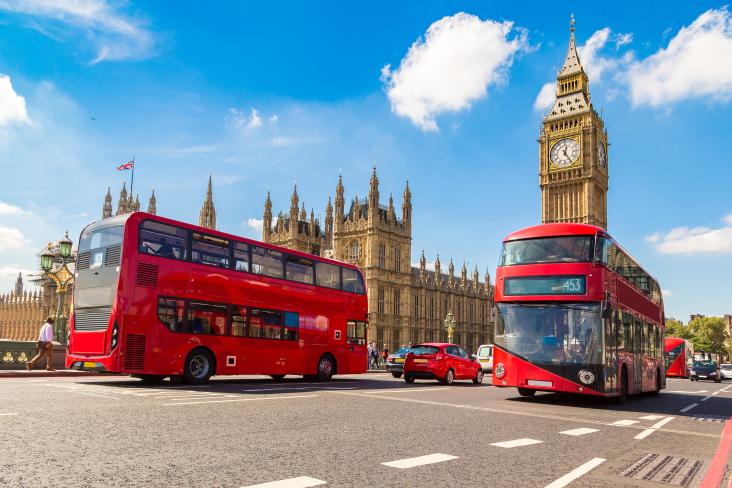
London expands its successful ULEZ scheme
Despite recent improvements in air quality, toxic air pollution remains the biggest environmental risk to the health of all Londoners.

Behavioural change campaign encouraging the use of the cycle highway
After 80 years, the Waal bridge near Nijmegen was in need of major maintenance. A lot of traffic disruption was expected during the works which would take 1.5 years to complete.

Graz: Implementing 'School Living Labs'
In many cities, parents do not feel safe letting their children walk or cycle to school because of the traffic situation – not realising that they themselves contribute to the dangerous situation b

Community Mobility Sharepoints in Munich and Zurich
The goal is to encourage and support families in urban areas to be mobile without a private car and use active modes of travel, such as the electric cargo bike or a pedelec with a trailer attached.
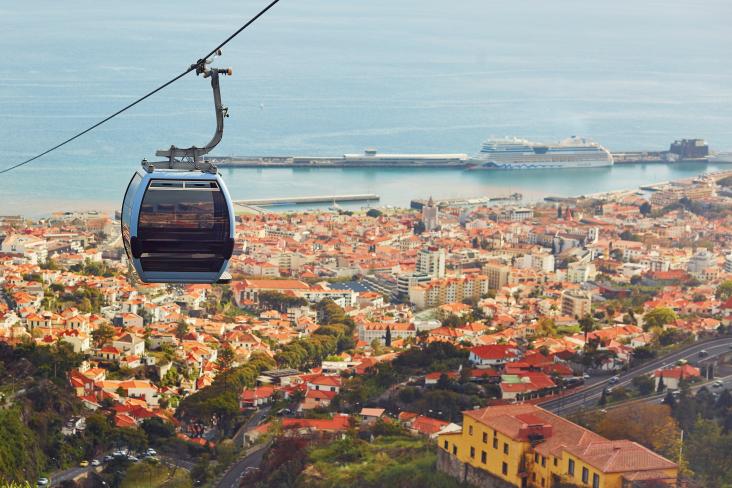
Funchal: Innovative light-up pedestrian crossings implemented
The limited accessibility for people with disabilities to the services offered in urban spaces, due to the existence of several urban barriers spread in the built environment is one of the main iss
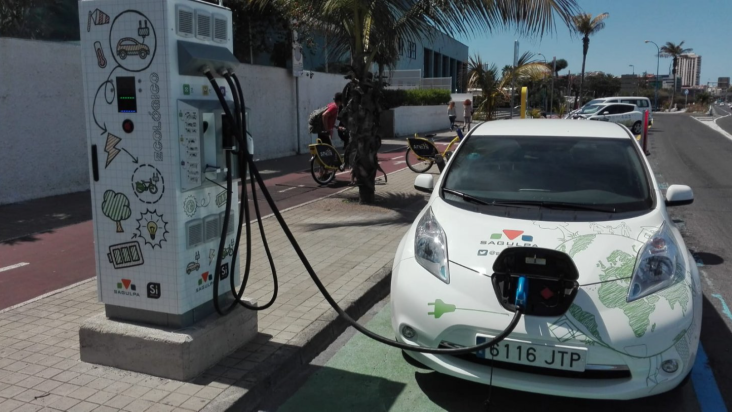
Las Palmas: Implementing fast EV chargers and an electrified public fleet
Before the implementation of this measure, Las Palmas de Gran Canaria had three fast charging points in one of its public parking facilities.

Milan: Piloting on-demand taxi sharing
The transition of Milan's mobility system towards more sustainable modes and reducing private vehicle ownership by citizens is at the core of Milan's mobility strategy.

Helsinki: Piloting an autonomous shuttle
FABULOS (Future Automated Bus Urban Level Operation Systems) focused on how cities can use automated buses in a systematic way.
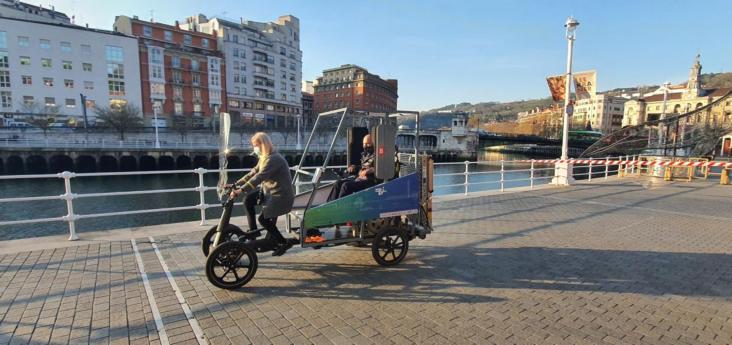
Piloting an inclusive e-bike solution
Current urban mobility systems put certain groups of society at disadvantage – lack of inclusivenessSustainable active modes are unaccessible for elderly or physical impaired people,

Helsinki: Trialing drone deliveries of pharmacy products
The aim of the pilot was to gather learnings on the sustainability of drones as an extension to urban logistics chains and to test a new service concept with paying customers in a real urban enviro

Konya: First bicycle tram exclusively for bike users
As it strives to be Turkey’s cycling hub, the central province of Konya, boasts a 550-kilometer (341.7-mile) network of bicycle lanes, one of the longest in the country.The province’s



